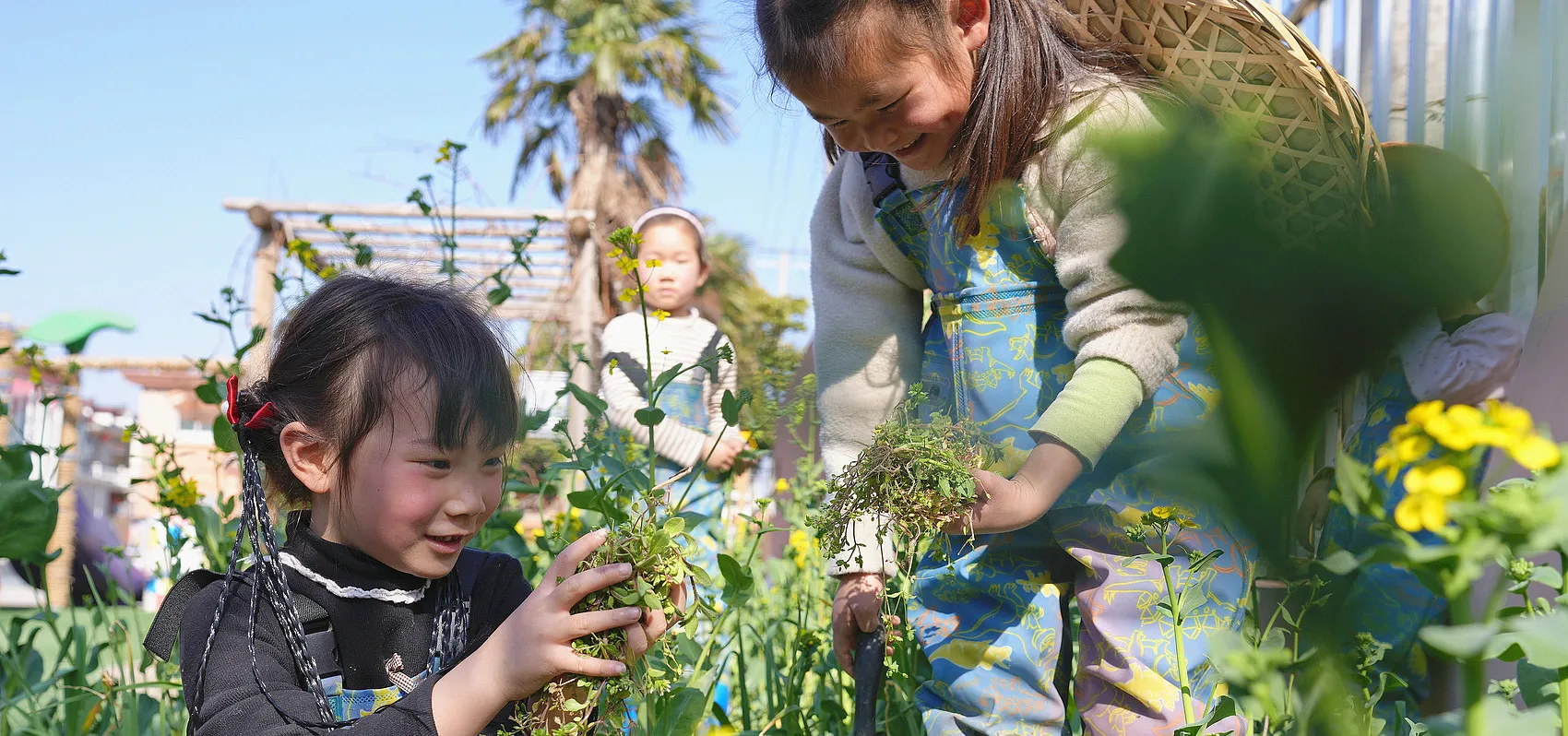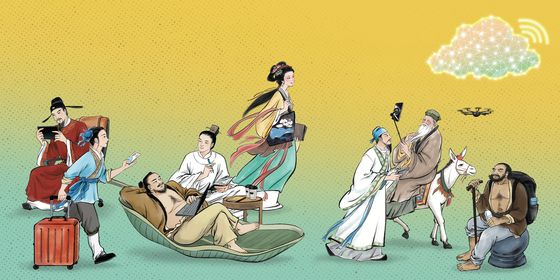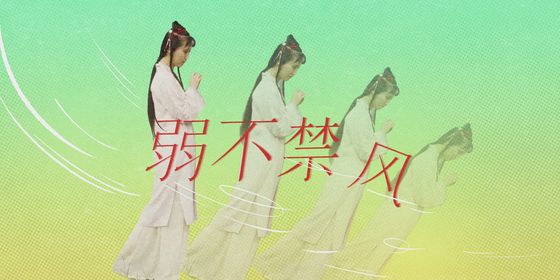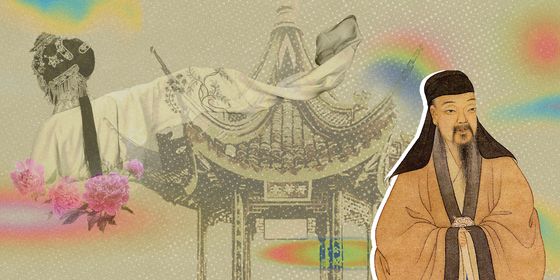Idioms about working, workers, and the overworked
Choice Chengyu is a regular column, examining interesting, unique or newsworthy examples of chengyu—four-character idioms or proverbs, descended from historical and mythical events.
Happy International Worker’s Day! China’s stressed-out “996” employees will no doubt be glad for the holiday, unless they have to work overtime during it (for triple their pay, theoretically). Ancient bosses, though, were no less exacting than Jack Ma is today, and came up with several idioms praising diligence, which TWOC presents today:
兢兢业业 Cautious and conscientious
This idiom first appeared in The Book of Songs, referring to a responsible and careful attitude toward work. Its first part, 兢兢, describes a state of being cautious and careful, while the second part, 业业, means being nervous, alert, or frightened.
Tā jīngjīngyèyè de gōng zuò le yībèizi.
他兢兢业业地工作了一辈子。
He has been working conscientiously all his life.
焚膏继晷 Burn the oil to prolong the day
Like tech employees, the ancient Chinese also burned the midnight oil. This chengyu from the essay “Explanation for Studies,” in which Tang literati Han Yu described himself as “burning the oil to prolong the day; working hard all the year around (焚膏油以继晷,恒兀兀以穷年).”
宵衣旰食 Rise before dawn and eat after dusk
Before there was electricity, people often rose with the sun and turned in soon after dark. However, in the Southern Dynasties period, Emperor Wen of Chen was a very hardworking ruler who “dressed before dawn and ate after it was late.” This chengyu is mostly used to refer to the diligence of an emperor—not exactly useful today.
日理万机 Occupied with 10,000 state affairs
Here’s another term that describes hardworking emperors—so if you’re using it on an ordinary person, you’re either trying to flatter them or being sarcastic:
Nǐzhè rìlǐwànjī de dàmángrén, hái yǒukòng hé wǒ jiànmiàn?
你这日理万机的大忙人,还有空和我见面?
I can’t believe you have time to see me, you busy man of 10,000 state affairs!
呕心沥血 Work one’s heart out
Here’s hopefully what won’t happen to everyone forced to work during the holidays: The chengyu literally translates as “vomit out the heart and leak blood.” The first part of the idiom comes from a story in the Book of Tang about the poet Li He, who was carried a bag with him full of notes on random inspirations he had throughout the day, which he would try to merge into complete poems each evening. Li’s mother, impressed by his work ethic, boasted, “My son will stop only after he throw up his heart.”
The second half of the idiom comes from the poem “Back to Pengcheng,” also by Tang workaholic Han Yu, which states: “Write articles on sliced liver as paper, with the blood as ink.” The chengyu originally referred to the effort needed to compose good literature, but the meaning has been expanded to any type of hard work:
wǒmen de lǎoshī wèile péiyǎng xiàyídài ǒuxīnlìxuè.
我们的老师为了培养下一代呕心沥血。
Our teachers take great pains in nurturing the younger generation.
鞠躬尽瘁, 死而后已 Bend one’s back to the task until one’s dying day
This was a well-known phrase from the Northern Expedition Memorial by Three Kingdoms strategist Zhuge Liang, who kept his word, and died on the job.
The first half, 鞠躬尽瘁, can be said separately, meaning “to be painstaking as possible in one’s work.”
Cover image from pixabay












